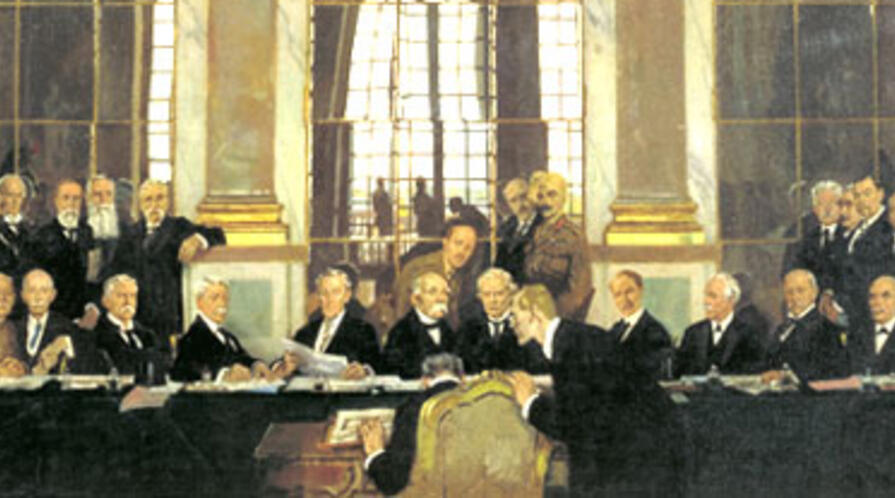The Prague Agenda after the Iran Deal
Abstract: President Obama’s Prague Agenda – moving toward a world without nuclear weapons – has been stalled for several years, due to the downturn in U.S.-Russian relations, Congressional opposition to arms control, and stalemate and division within the multilateral disarmament community. Will the Iran nuclear agreement provide an impetus for reviving elements of the Prague Agenda, such as efforts to advance regional arms control in the Middle East and strengthen the non-proliferation regime, or – as some critics contend - will the Iran deal increase long term pressures for further nuclear proliferation in the Middle East? Dr. Samore will address these and other questions concerning the implications of the Iran nuclear agreement for broader nonproliferation and disarmament efforts.
About the Speaker: As of February 2013, Dr. Gary Samore is the Executive Director for Research at the Belfer Center for Science and International Affairs at the Kennedy School of Government at Harvard University. He is also a non-resident Senior Fellow at the Brookings Institution and member of the advisory board for United Against Nuclear Iran (UANI), a non-profit organization that seeks to prevent Iran from acquiring nuclear weapons. He served for four years as President Obama’s White House Coordinator for Arms Control and Weapons of Mass Destruction (WMD), including as U.S. Sherpa for the 2010 Nuclear Security Summit in Washington, D.C. and the 2012 Nuclear Security Summit in Seoul, Korea. As WMD Coordinator, he served as the principal advisor to the President on all matters relating to arms control and the prevention of weapons of mass destruction proliferation and WMD terrorism, and coordinated United States government activities, initiatives, and programs to prevent proliferation and WMD terrorism and promote international arms control efforts.
Dr. Samore was a National Science Foundation Fellow at Harvard University, where he received his MA and PhD in government in 1984. While at Harvard, he was a pre-doctoral fellow at what was then the Harvard Center for Science and International Affairs, later to become the Belfer Center for Science and International Affairs.


